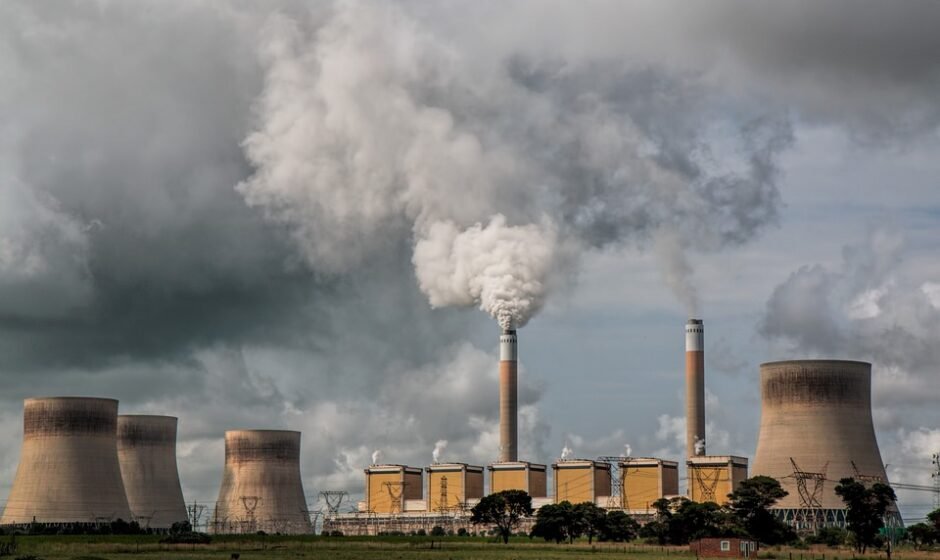Title: Historical Ship Logs Reveal Insights into Global Temperature Increase: Is the World 1.3°C or 1.5°C Warmer?
Introduction:
Historical ship logs, which have long been considered a treasure trove of information for researchers, are now providing valuable insights into the earth’s changing climate. These meticulously recorded observations from centuries ago are shedding light on the global temperature increase. The question of whether the world is 1.3°C or 1.5°C warmer is now being addressed through the analysis of these historical documents.
Ship Logs as Climate Archives:
Ship logbooks, maintained by sailors and navigators, contain a wealth of meteorological data, including temperature measurements, wind speed, cloud cover, and other relevant factors. Researchers have been sifting through these records to gather information about historical climate conditions. By analyzing these logs, scientists can trace the patterns of climate change back to the 18th and 19th centuries when accurate temperature measurements were first recorded.
The Warming Debate:
The global warming debate has long revolved around the question of how much the Earth’s temperature has increased. The Paris Agreement, an international effort to combat climate change, aims to limit global warming to well below 2 degrees Celsius above pre-industrial levels, with an aspiration to keep it below 1.5 degrees Celsius. However, determining the exact temperature increase remains a challenge.
Conflicting Estimates:
Recent studies using different methodologies have presented conflicting estimates of the global temperature increase. Some suggest that the Earth has warmed by an average of 1.3°C, while others argue that it is closer to 1.5°C. These disparities have led researchers to seek alternative sources of data, such as the ship logs, to resolve the discrepancy.
Reconstructing Historical Temperatures:
Scientists are now using advanced statistical techniques to reconstruct historical temperatures based on the ship logs. By examining the recorded sea surface temperatures and comparing them with modern data, they can create a more accurate picture of the past climate. This approach allows for a better understanding of the rate and magnitude of temperature change over time.
The Role of Historical Ship Logs:
Historical ship logs serve as a unique climate archive, providing data on regions where instrumental records are scarce or non-existent. These logs offer a glimpse into historical climate conditions, enabling scientists to fill gaps in our understanding of global temperature variations. Additionally, the long-term perspective provided by these records helps researchers assess the impact of human activities on climate change.
Challenges and Limitations:
Analyzing ship logs presents its own set of challenges. The data collected by sailors centuries ago may not always align with modern scientific standards. Variations in measurement techniques and instruments used at the time must be carefully considered. Furthermore, the geographical bias of ship routes and the limited coverage of certain regions can affect the accuracy of reconstructed temperature records.
Conclusion:
Historical ship logs are proving to be a valuable resource in determining the extent of global temperature increase. By leveraging these meticulously recorded observations, researchers are working towards resolving the debate between the 1.3°C and 1.5°C estimates. As our understanding of historical climate conditions improves, we gain valuable insights into the long-term effects of human-induced climate change. Ultimately, this knowledge will aid in formulating effective strategies to mitigate its impact and protect our planet’s future.




